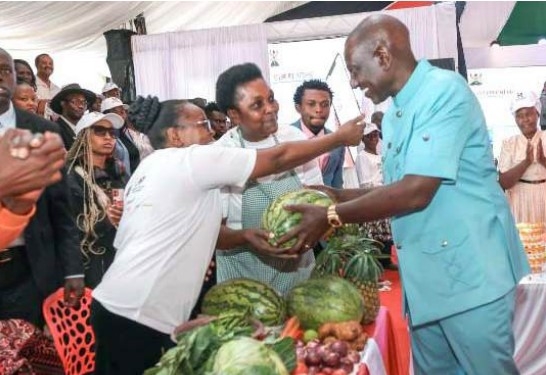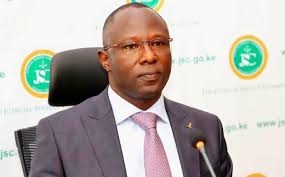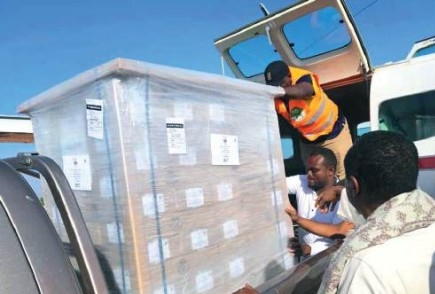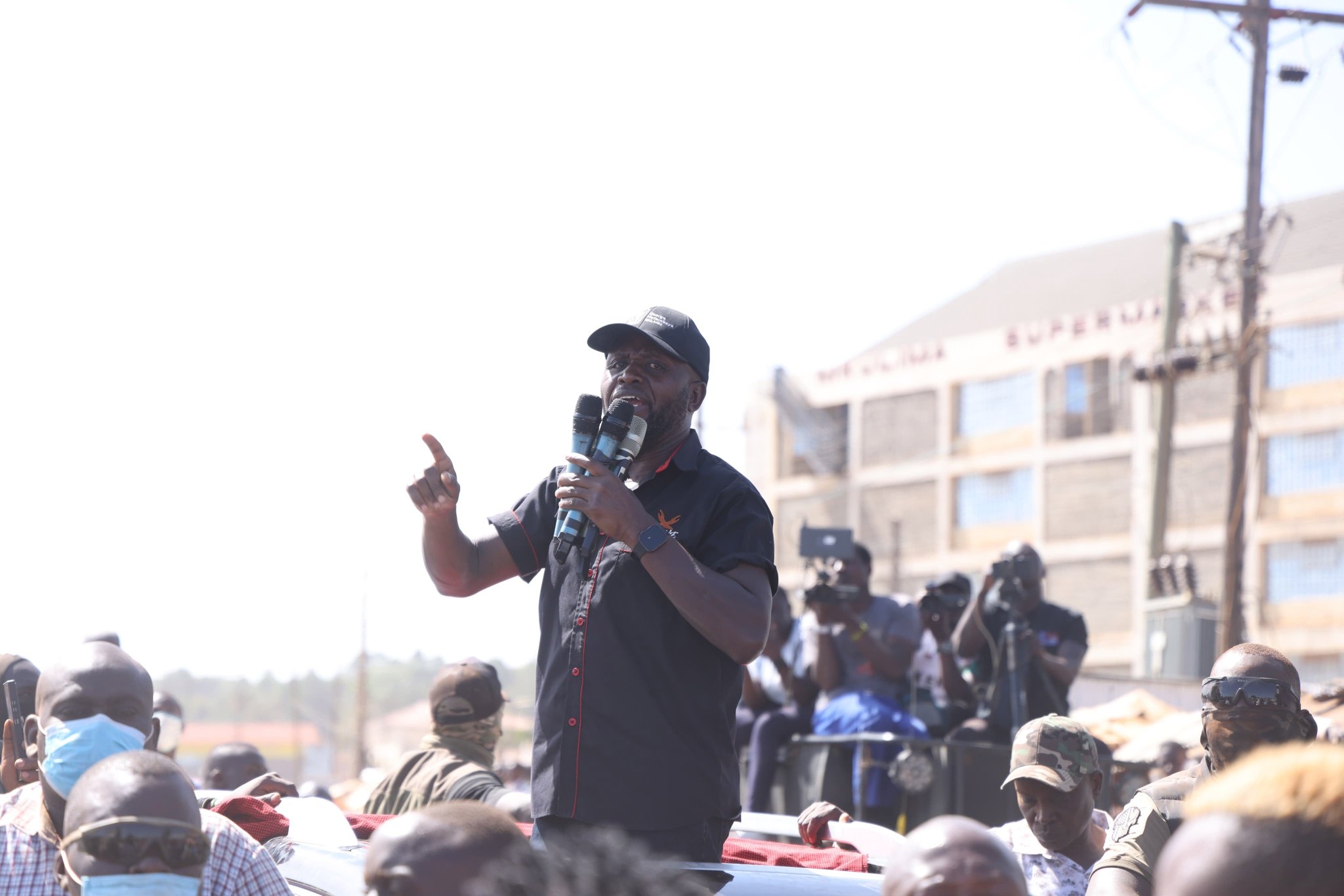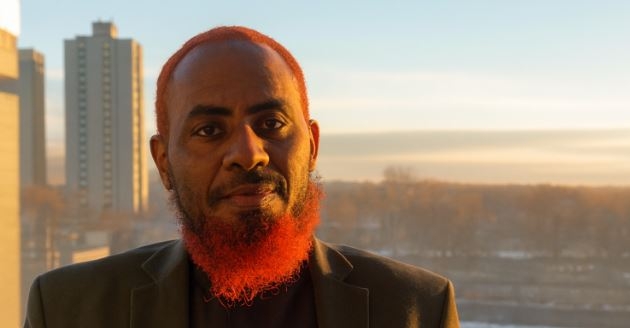Delving into the world of juveniles at the Shimo la Tewa Borstal Institution uncovers a mosaic of stories, each tinged with the complexities of teenage and societal pressures.
In February, Pastor Dorcas Rigathi, wife of Deputy President Rigathi Gachagua, connected Tech Kidz Africa - a technology academy in Mombasa - and non-profit organisation Close the Gap with Kenya Prison Services to conduct training at the institution.
Paul Akwabi, the founder of Tech Kidz Africa, said the young offenders are brimming with potential but face significant barriers in accessing quality training in technology, coding and robotics.
“We visited these young men at Shimo la Tewa Borstal institution, and we realised some of them are very bright and intelligent. Despite, being caught for a crime, some are very intelligent kids that also deserve an opportunity to learn and explore technology,” Akwabi said.
“We visited them, had one-on-one talks, and after listening to them, we found out that they could offer so many solutions if they got to learn more about technology.”
Akwabi decided to offer coding and robotics training to equip the boys with technical skills and enhance digital literacy.
Most of the young men at the borstal had creative digital solutions to help curb robbery, security threats, and other criminal activities.
“It is a programme that has been designed with them in mind, with their interest. So, they were talking about making mobile apps that can help prevent or report crime. Most of the ideas they had were revolving around the crimes that had been committed.”
They wanted to learn how to make mobile apps and different robotic solutions like anti-burglar alarms, security sensors, and ultrasonic sensors. The boys were also interested in website development.
“They said they want to be part of the solution to fighting crime. They'll be contributing to the community on ideas that can be put into practice to protect the community even more,” he said.
Jostina Mwangombe, the Superintendent in charge at the facility said the boys spend a maximum of three years there.
“However, three years can be very long. That is why we sometimes allow the boys to go home after they have reformed, and on the advice of the board. I usually provide reports on the progress of the boys from the day they were admitted up to one year,” she said.
The boys receive mandatory training in life skills programmes such as carpentry, agriculture, tailoring and motor vehicle mechanics.
“We usually look at the family and educational background of the boy, the community where the boy committed a crime and the profile of the boy. With this information, we advise the boy on which program to take,” she said.
“The boys who have finished their vocational training, are allowed to start IT classes. So, in this particular unit, we have a total of 26 boys currently.”
Close the Gap donated a classroom equipped with 30 computers.
Sometimes however, they have cases of boys who dropped out of school but wish to join the computer classes.
“The challenge is that some of our boys are semi-illiterate because they had dropped out of school. However, I want to say to thank Tech Kids Africa for developing a programme that suits their educational background,” the Superintendent said.
“In fact, right now, it's like a motivation factor. Our boys want to go to vocational training so that they can come to this programme afterwards. It's giving them some drive and motivation to accept the courses that we provide internally.”
The program also delivers life skills sessions focusing on self-awareness, self-esteem, self-confidence, and child safeguarding, promoting holistic personal development and well-being.
Debbie Thys, the co-chief executive officer of Close the Gap Hub, said the Borstal Boys have shown a lot of interest in computers and technology.
“We found it was a very excellent idea to donate a computer classroom and install it with computers. Then Tech Kids, one of our partners would give the training to help them learn about computers, coding and robotics,” she said.
The classroom is equipped with about 30 computers. Close the Gap supports African youth get access to refurbished computers and enterprise funding.
Through the program, Thys said, she believes the boys will be able to secure decent jobs after leaving the institution.
“The digital aspect is super important, and I think if you can work with a device and you know how to do it, it really opens up a wide range of opportunities and it's a way of finding a job that suits or fits your needs,” she said.
Apart from the digital literacy program at the Shimo la Tewa Borstal Boys, Close the Gap Hub is also involved in several entrepreneurship and incubation programs at the Kenyan coast.
“We train entrepreneurs, and start-ups and have an acceleration program. We invest some money into some of these projects.”
Thys said they have also directly and indirectly created jobs for hundreds of youth in Mombasa and the Kenyan coast.
“Because we see these startups growing and they employ people. We are focused very much on incubation and entrepreneurship.”





![[PHOTOS] Three dead, 15 injured in Mombasa Rd crash](/_next/image?url=https%3A%2F%2Fcdn.radioafrica.digital%2Fimage%2F2025%2F11%2Fa5ff4cf9-c4a2-4fd2-b64c-6cabbbf63010.jpeg&w=3840&q=100)


